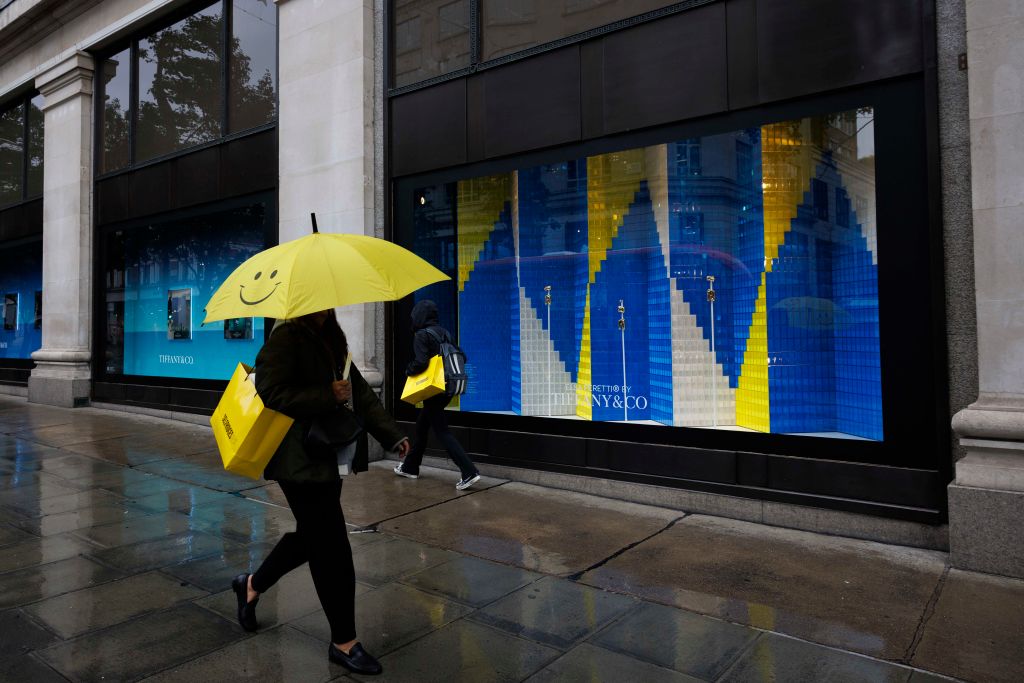Today’s figures on the public finances and retail sales will bring some relief to Rachel Reeves; both show a small positive direction. In November, they reveal, the government had to borrow £11.2 billion, which was £3.4 billion down on the same month last year. Retail sales were up 0.2 per cent in November, following a 0.7 per cent fall in October. It means that the Chancellor can avoid further negative headlines at the end of the year – but really there is little to detract from the underlying story that the government has succeeded in creating an economic downturn out of thin air.
One of the factors behind the slightly improved public finances picture is that a drop in the Retail Prices Index (RPI) reduced the cost of servicing index-linked government debt. But that will only prove to be short-lived, given that inflation has risen sharply for each of the past two months.
The longer-term story is that the public finances are still deeply in the red. So far this tax year the government has had to borrow £113.2 billion, the third highest figure on record at this stage of the financial year. Net public sector debt continues to drift upwards, reaching 98.1 per cent of GDP in November. The elevated spending which came with the pandemic has proven extremely difficult to shake off, and above-inflation pay rises for public sector employees are not helping. Nor is the failure by this government, as well as the last, to gain any kind of control of out of work benefits.
On retail sales, there is a limited amount to be gleaned from one month’s figures. The figure for November, for example, was obtained from data for a four week period which excluded Black Friday; yet the Office for National Statistics’ statisticians then tried to put Black Friday back into the picture through seasonal adjustment. If shoppers were less enthusiastic over Black Friday this year than in recent years, the adjustment will have ended up flattering the figures.
The longer term-picture is that retail sales volumes remain 1.6 per cent down on what they were on the eve of the pandemic in February 2020. That is nearly half a decade now of a flatlining retail sector. Clothing sales were hardest hit of all, with sales volumes falling by 2.6 per cent in November. But there was also a remarkable fall in online sales across the board: down by 4.3 per cent over the month. Britain appears to have fallen out of love with online shopping, for reasons which are not clear.
It is remarkable how spending remains subdued given strong wage growth. Notionally, UK workers have enjoyed a real-terms wage rise of 2.2 per cent over the past year. So why don’t they appear to be spending it? They can perhaps see higher bills coming towards them in the shape of energy prices and water prices. Many homebuyers will still be coming off fixed-rate mortgages and finding their monthly payments rising sharply as a result. Tax rises, too, are eating into their budgets. Reeves may claim that her Budget didn’t take money out of the pockets or working people but that is not quite true – she perpetuated the freeze in tax allowances started by the Conservatives, which means that fiscal drag will be taking a significant bite of their post-tax income this year.
Overall, the picture is still of a country which is trying to live well beyond its means, and where wage rises are destined to be consumed by inflation without really making us wealthier.







Comments